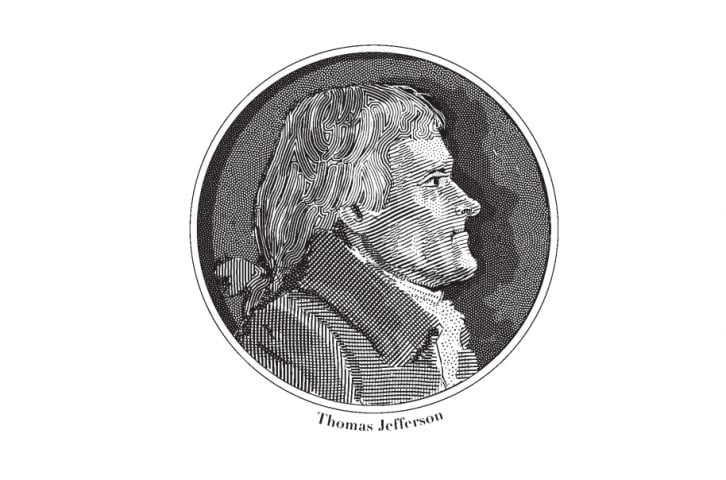If you believe President Barack Obama, he's working overtime to save American capitalism. "I strongly believe in a free-market system," he told reporters in London, "and…in America, at least, people don't resent the rich; they want to be rich. And that's good." The market, he declared, "is the most effective mechanism for creating wealth…that history has ever known."
Unfortunately, it's no slouch at destroying wealth, either. Sometimes "it goes off the rail," he noted, and without some "thoughtful frameworks to channel the creative energy of the market…it can end up in a very bad place." Abroad and at home, Obama's pleas for "commonsense" economic reform sound almost sensible, especially in light of his reassuring statements that he is no friend of bigger government and doesn't support politicians' "micromanaging" business.
Yet it's indisputable that the president's recovery plans and proposed new programs would leave government permanently bigger, more costly, and more intrusive, which in turn would sap the foundations of personal freedom and responsibility. These facts have led Republicans to whisper, and conservatives on radio to shout, that the president is a socialist. If so, he is not a very honest or obliging one. Socialism used to mean public ownership of the means of production or at least of the major industries. That's always been a tough sell in America, and remains so. Accordingly, the Obama Administration is bending over backwards not to "nationalize" major banks or auto manufacturers, and refuses to recognize its ownership stakes in AIG, the auto companies, and other drooping businesses as anything but temporary.
Obama prefers to call himself progressive and pragmatic, terms that rule socialism neither in nor out and that recall his predecessor and model, Franklin D. Roosevelt. FDR wanted to save capitalism from itself, and he exploited so masterfully all the ambiguities in that objective that thoughtful people can be found, even today, who think he succeeded. They tend to forget that he changed not only capitalism but constitutionalism, and the latter unambiguously for the worse. They tend to overlook, too, that the relatively benign reform era they like to celebrate, the New Deal of public works projects and Social Security, is the New Deal stripped of its more corporatist, or to put it less kindly, fascist elements like the National Industrial Recovery Act. It was the unreformed Supreme Court's "horse-and-buggy" constitutionalism that saved the country from that ugly experiment, and thus allowed future generations to praise FDR's moderation.
Until the economic downturn got going in earnest last fall, however, Obama's mission was to save not capitalism but the welfare state. He trusted the market more than FDR did, because it had proved over many decades its ability to generate a surplus that could be redistributed to the poor (a relative term, of course), and because it had made many Democrats with educations and careers like his quite rich. But Obama realized that the entitlement state's spiraling costs would eventually prove unsustainable. Audaciously, he decided to double down: to declare health care a right and move toward universal coverage under an increasingly nationalized system. He bet that this will force higher taxes and, at the same time, give him and his successors greater control over costs.
* * *
In the meantime, we're supposed to get with the program. the satirical newspaper The Onion nicely captured this expectation in its headline not long after Obama's inauguration: "Nation Instinctively Forms Breadlines." To the Democrats it's always 1932. They think Americans should believe in a depression even when they don't see one. The paralysis of the financial markets and the plummet in stocks were real enough, to be sure, but Obama's agenda for nationalized health care, draconian environmental taxation and regulation, and the steady expansion of government (except for national defense) was already in place long before the economy tanked. It was in the Democratic Party platform, under H for Hope. Now it's marketed under F for Fear—without these urgent new initiatives, we are warned, the American economy will never recover.
The claim is absurd, but it gives you an idea of Obama's own underlying fear. If he wastes this crisis, his best chance of securing Big Government by making it bigger will have slipped away.


